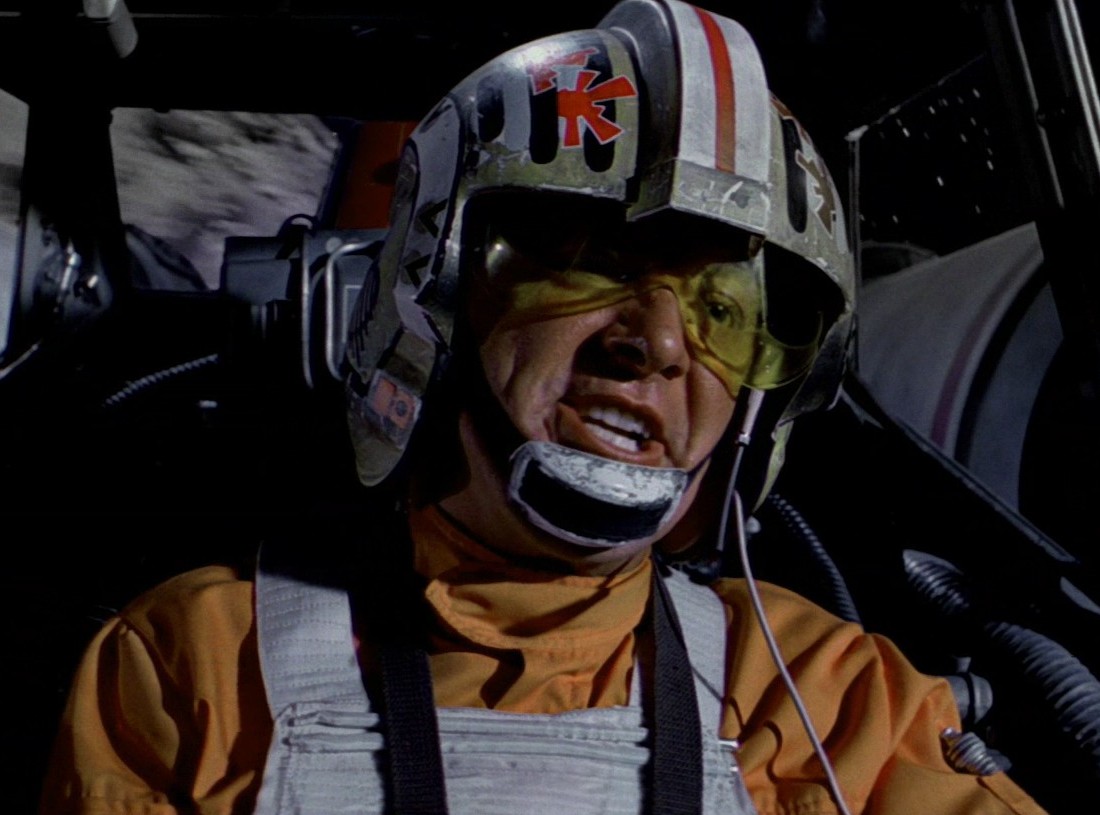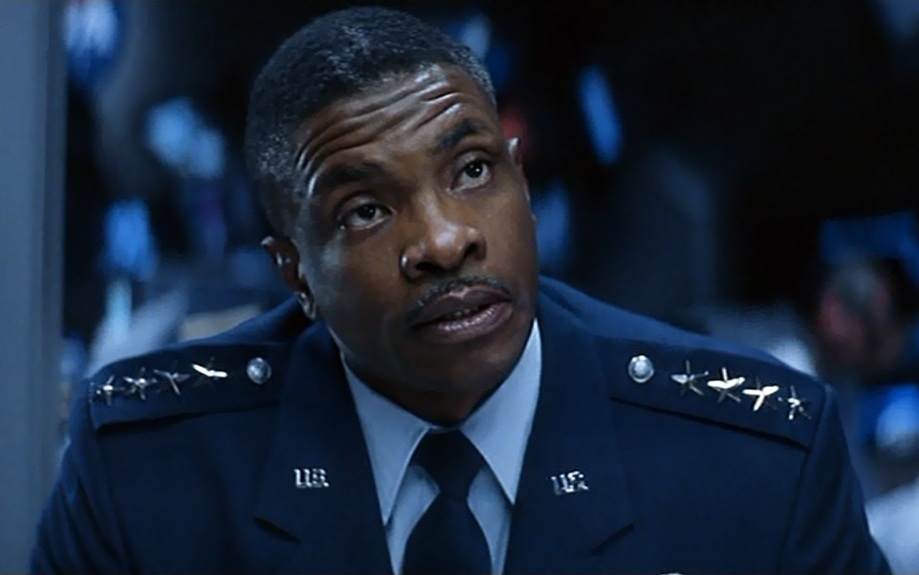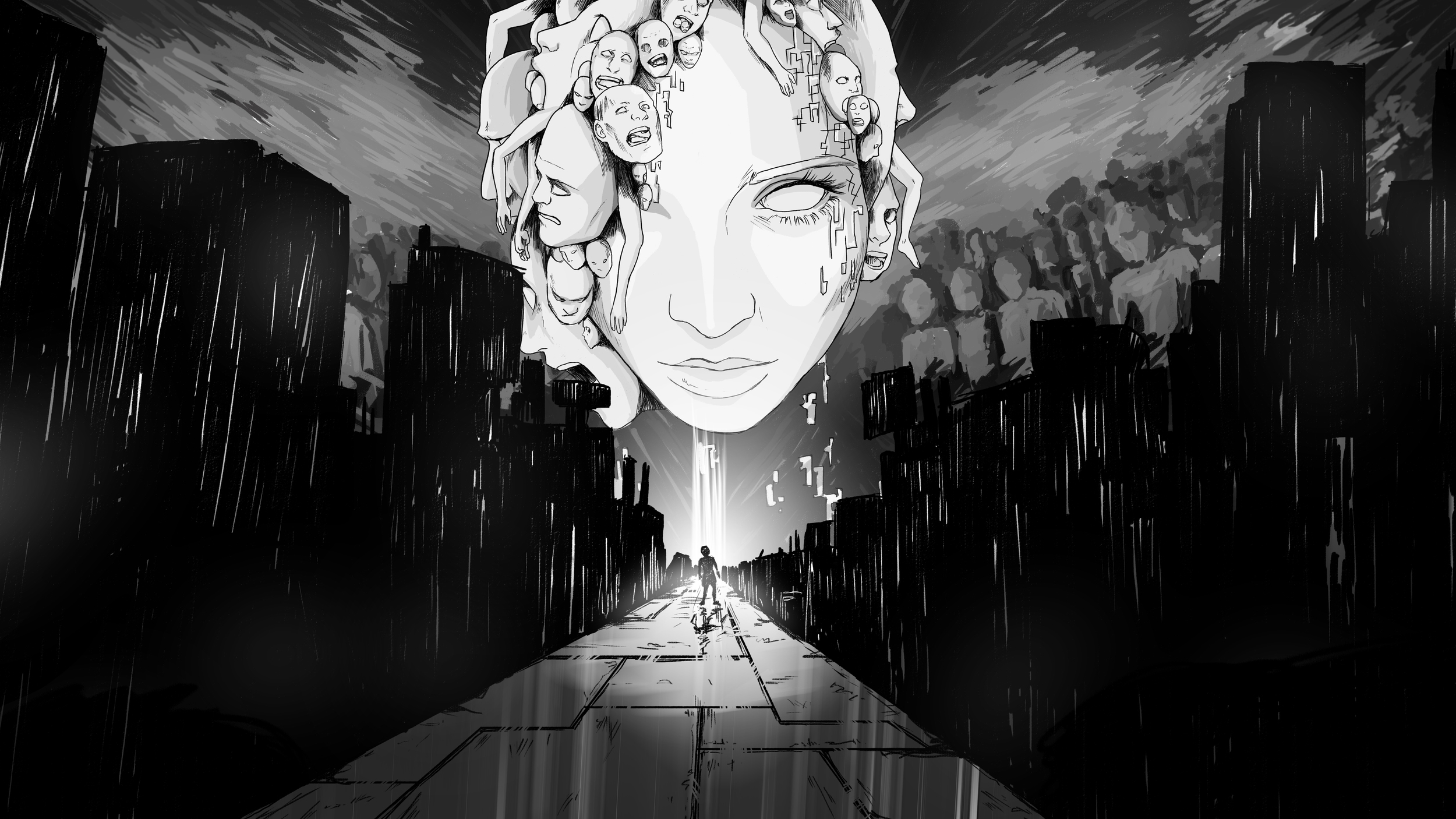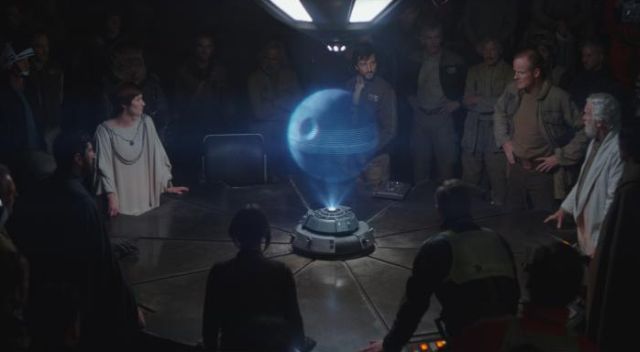Even today, nearly 70 years since he joined the first wave of soldiers through the surf onto the German-fortified shores of Normandy, Charles Chappell remembers.
“I am getting really forgetful about a lot of things,” he said. “But I can picture today right in front of my eyes how that beach looked that day.”
Born and raised in Durham, Chappell is now 91. He retired from IBM in 1987.
He’s battled cancer, a war waging in his own body. Three operations and 31 radiation treatments later, he hopes he has it beaten.
At the very least, Chappell wants to stay healthy long enough for the chance of a lifetime – not just for him, but for a handful of students from Chapel Hill and East Chapel Hill high schools.
Working with Smith Middle School teacher Robin McMahon, the teens are raising money for a trip to Normandy and they want to take along two veterans who experienced World War II first-hand.
The second veteran they’ve picked, Mark Sumner, lives in Chapel Hill. He landed in Europe months after D-Day, but fought in the pivotal Battle of the Bulge in the Ardennes Forest.
Sumner had volunteered to join the U.S. Army’s Air Corps just after Pearl Harbor, when he was 18.
“That was the glamorous thing back then,” he said. “Everyone wanted to fly planes.”
They turned him down. He was nearsighted.
He tried another route, enrolling in a course for potential platoon leaders at the Asheville Biltmore (which eventually would become UNC Asheville). Sumner planned to finish studying, go to Quantico and join the military as a second lieutenant. Navy doctors put the brakes on that, though. Again, because of his eyes.
“I was really in the dumps until I got home and opened a letter from the draft board,” he said. “They said, ‘We’ll give you binoculars and a telescope on your rifle,’ so that’s what happened.”
After the war, he pursued a career in the dramatic arts and worked at the Institute of Outdoor Drama at UNC Chapel Hill. He helped groups in 25 states launch at least 30 dramas. One that he wrote about the Underground Railroad between North Carolina and Indiana, “Pathway to Freedom,” is performed to this day at North Carolina’s Snow Camp.
Neither Chappell nor Sumner has been back to the sites of their World War II conflicts.
The students at Chapel Hill, though, have made several trips, during cultural visits while they were students at Smith.
Never before have they had such an opportunity to see it through the eyes of people who were there when that history happened.
Graham Austin, a 16-year-old junior, said that he read Tom Brokaw’s “The Greatest Generation” and saw the importance of bringing a veteran along.
“That book talks about a whole generation passing away,” Austin said. “It’s an experience you just can’t get again. It’s a chance to see and hear what it was like beyond what you get in books from someone who was there.”
Sarah McMahon, Robin’s daughter, is 17. She thinks the viewpoints of the veterans they want to bring along are critical to giving perspective to what they learn during the visit.
“A lot of people think that our youth are forgetting the sacrifices that were made so long ago,” she said. “We want people to know we’re not forgetting. It means so much to us to be with someone who was part of that history.”
It costs money to make the trip. The kids have sold concessions at Odyssey of the Mind and school dances. They’ve raised money from the local VFW. They’re hoping to find a restaurant to host at least one weekend tea social. They also have a website about the trip where they accept donations, at gettingtoknoweurope.org/nc-to-normandy.
Chappell can’t wait to go.
“God bless these people,” he said. “I’m just shivering all over from the thought of going and seeing that hallowed ground over there where so many of our soldiers gave their lives.
“I pray each night that the good lord will make it possible that this dream does come to fruition.”
Wes Platt can be reached at wplatt@heraldsun.com or 919-419-6684. Follow on Twitter at @HS_WesPlatt. Connect on Facebook at facebook.com/wesplattheraldsun.





